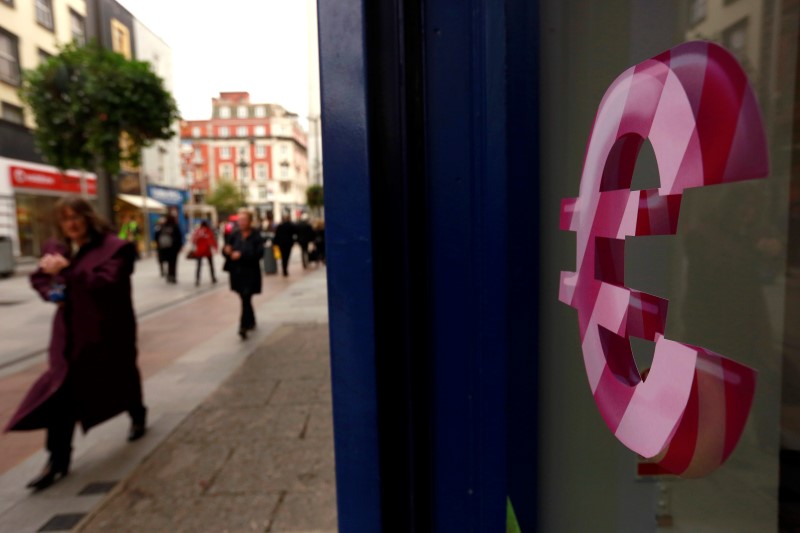DUBLIN (Reuters) - Irish consumer sentiment rose to a four-month high in June, a survey showed on Wednesday, although responses were given before Britain's vote to leave the European Union, which the authors said is likely to weigh on confidence going forward.
Ireland is considered to have more to lose from Brexit than other European Union economies and a survey of the services sector on Tuesday showed confidence tumbled to a near three-year low in June, with some firms concerned that activity will slow.
The KBC Bank Ireland/ESRI Consumer Sentiment Index rose to 103.4 in June from 98.1 in May. The index hit a 15-year high of 108.6 in January and is roughly around the same level it was at a year ago.
"By increasing both uncertainty and downside risks to the economic outlook, Brexit is likely to weigh on Irish consumer sentiment in the coming months," KBC chief economist Austin Hughes said.
"Consumer sentiment readings could remain very 'choppy' in the near-term with a risk of clearly softer readings in the next month or two. However, while we expect some weakening in sentiment, we don't expect any dramatic deterioration."
Hughes said the extent of the damage to sentiment should be limited in the near term as the early impact of Brexit is likely to be seen in external trade and investment rather than household spending.

Ireland's economy has grown faster than any other in Europe for the last three years and is expected to do so again in 2016, with a 4.9 percent expansion forecast. The government has cut its forecast for 2017 to around 3.4 percent from 3.9 percent, however, and warned that worse could be ahead if Britain strikes an unfavourable post-Brexit deal with the EU.